Storytelling

Storytelling, a weapon of mass persuation?
I'm hearing a lot of people talking about storytelling as one of the best - if not the best - means of persuasion.
That it would therefore be more effective than a presentation consisting of, for example, a thesis, an antithesis and a synthesis, than a practical demonstration or than a simple comparison.
But, and this is where things get interesting, those who try to convince me - often another storyteller and often via social media - do so without ever making use of storytelling. In general, they simply choose to list its qualities.
Why ?
Maybe because in reality, storytelling is not the weapon of mass persuasion that people are currently trying to pass it off as.
But let's start from the beginning: what is storytelling?







